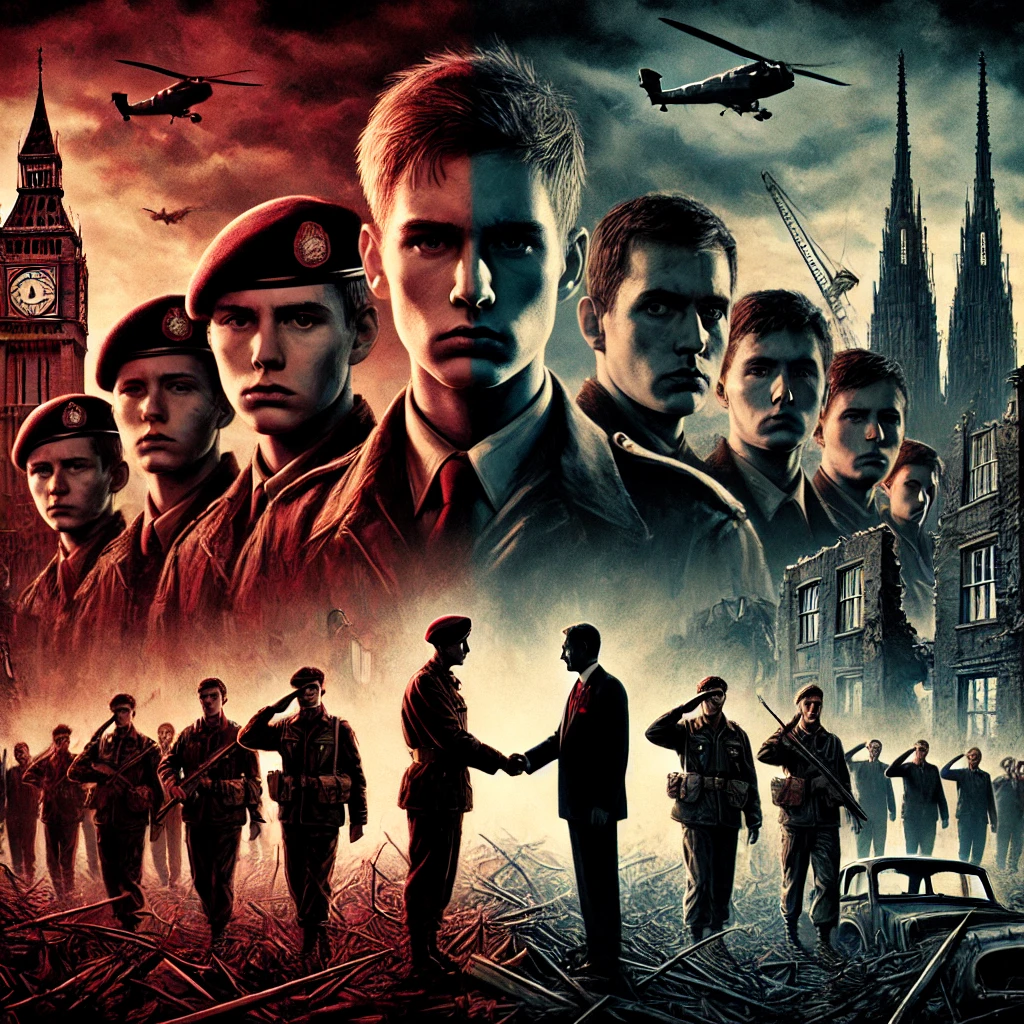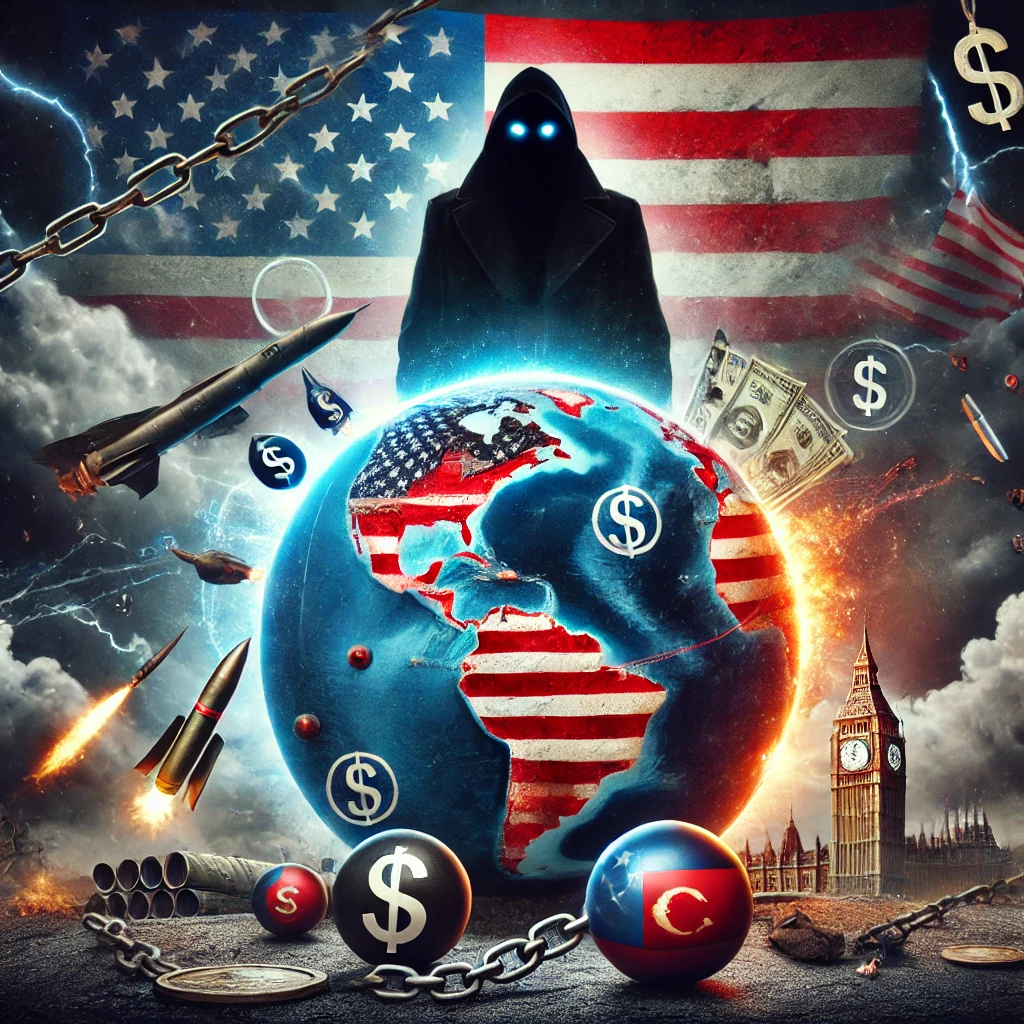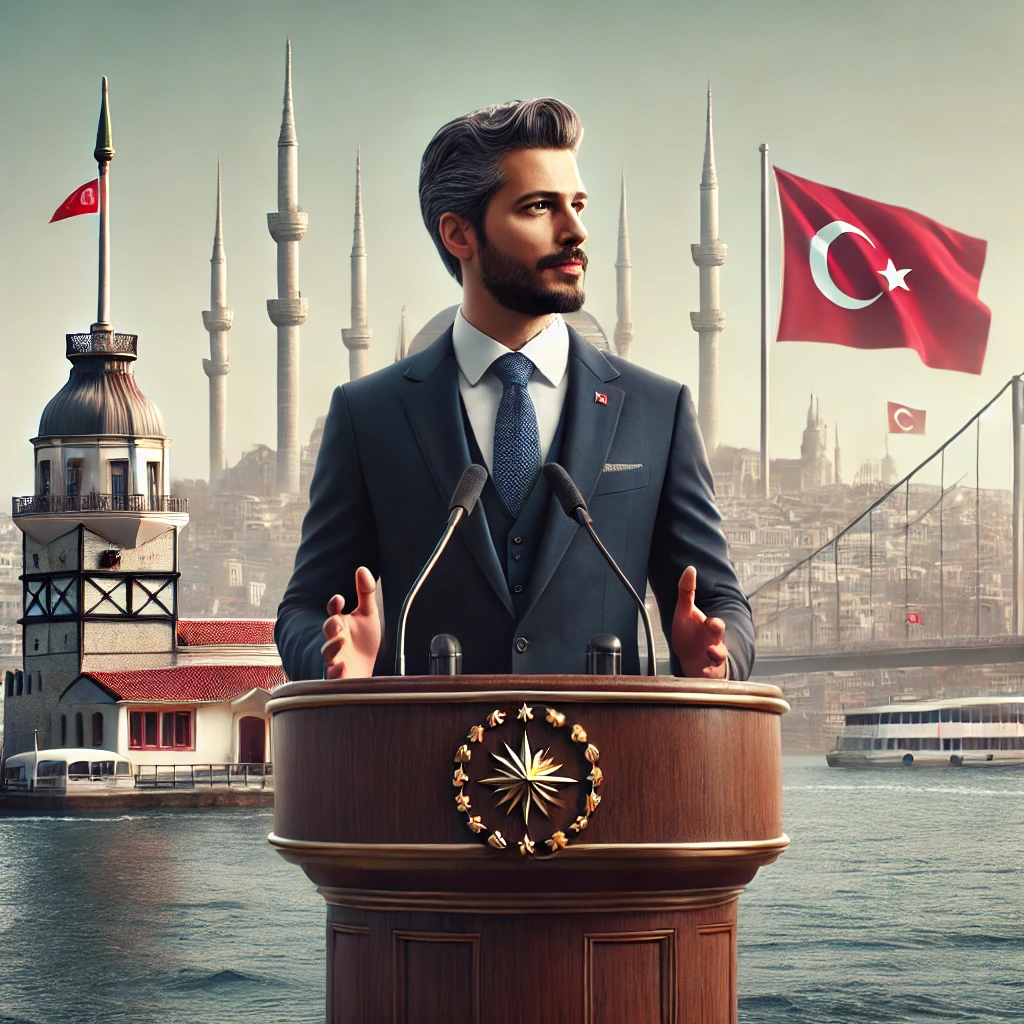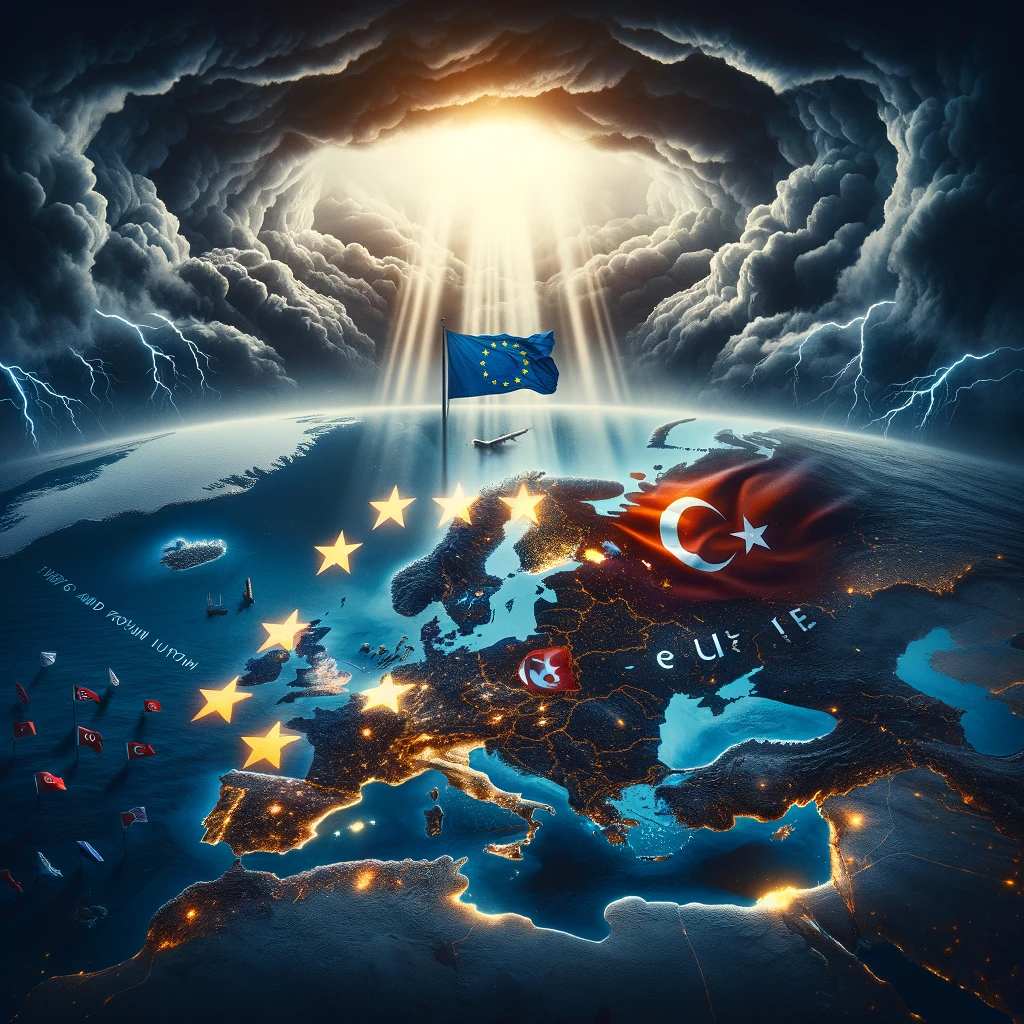The announcement that over 1.4 million young North Koreans have volunteered for military service is a stark reminder that, even in the modern world, the solution to conflicts is still seen through the lens of violence rather than diplomacy. As nations are expected to resolve disputes peacefully, such developments highlight the growing disillusionment among young people towards politicians and diplomacy. But is killing really the answer?
A Wave of Youth Volunteers in North Korea
According to North Korean state media, millions of young people across the country have volunteered to join the Korean People’s Army (KPA). On October 14th and 15th, a significant number of them signed petitions to enlist or re-enlist, pledging to avenge their enemies and defend their homeland. This wave of enthusiasm is directly tied to North Korea’s increasingly aggressive stance towards South Korea, with the regime accusing its southern neighbour of violating its sovereignty.
The North Korean regime’s rhetoric portrays these youth as being driven by a deep sense of hatred and revenge. They are encouraged to view South Korea as a threat, especially following claims that South Korean drones violated North Korea’s airspace. The overwhelming willingness of these young people to fight reflects the government’s success in instilling this message of hostility.
Threats of Annihilation
In its recent statement, the North Korean government escalated tensions further by warning that South Korea could be “wiped off the map” in the event of war. Such hostile language not only heightens the already dangerous situation between the two nations but also suggests that diplomatic channels have utterly broken down. It is alarming that young people, instead of advocating for peace, are embracing these militant narratives without question.
Why Is Diplomacy Failing?
That barbaric solutions persist in an era of modern civilisation suggests a failure of international diplomacy. In authoritarian states like North Korea, instead of educating the youth about peaceful conflict resolution, they are often fed propaganda that glorifies revenge and warfare. The failure of international diplomacy is evident here, as there seems to be no effective strategy to steer these young people away from war and towards peace.
Eroding Trust in Political Leadership
This growing willingness to fight is not confined to North Korea. Globally, there is a marked decline in young people’s trust in political leaders. Many youths believe that politics no longer represents their interests and is instead contributing to deepening conflicts. The mass enlistment of young North Koreans may also be a reflection of this disillusionment, where war appears to be a more immediate solution than diplomacy.
The Cost of Ignoring Diplomacy
The tragic reality is that the youth of North Korea, like many others across the globe, are losing faith in diplomatic solutions. They are being taught that violence and war are legitimate responses to conflict, further perpetuating cycles of hostility. It is a reflection of our failure as a global society when the next generation views killing, not diplomacy, as the path to resolving disputes.






